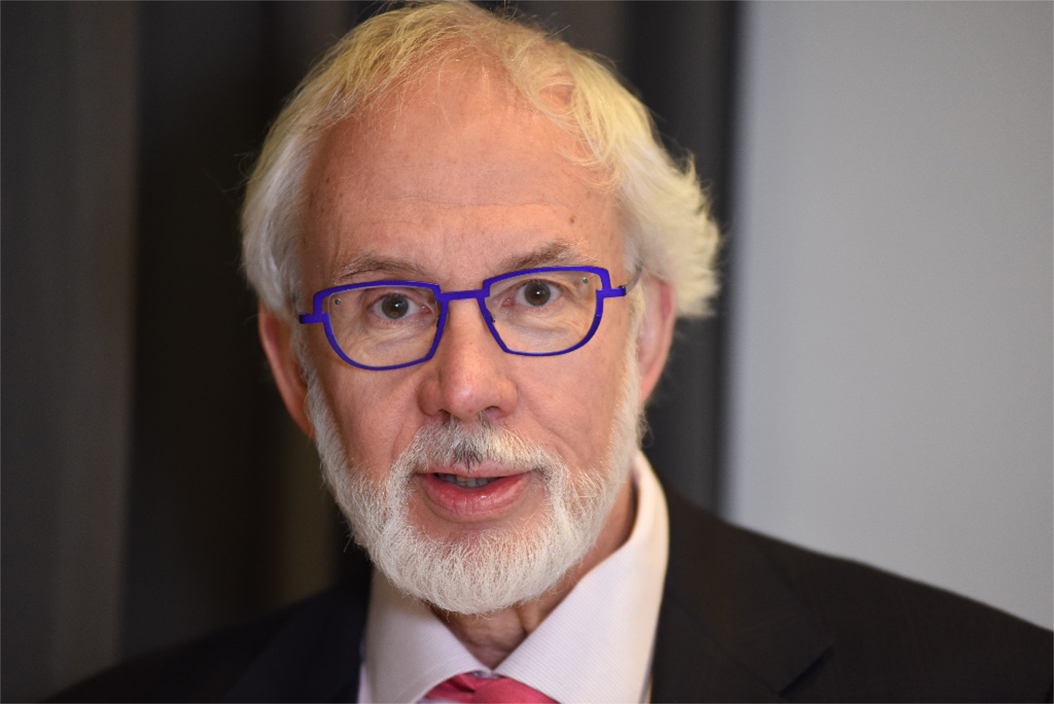NEWSLETTERS

Ceres Report on Corporate Governance
Jul 21, 2022
Dear Fellow Supporters of Integrated Reporting,
Today Ceres released a paper titled “View from the top: How corporate boards engage on sustainability performance.” The report can be downloaded at www.ceres.org/viewfromthetop and here is the Executive Summary. For questions about the report or Ceres’ work on this issue, contact Veena Ramani (ramani@ceres.org).
The paper notes that while there has been an uptick of large US companies that have formally adopted sustainability oversight at the board level, it is not clear the extent to which this oversight is leading to meaningful environmental and social impacts. The paper asks the question, how can board sustainability oversight be structured to be effective?
Ceres answers this question in part by building on interviews with dozens of governance experts, including corporate board members and executives from companies including Prudential Financial, The Gap, Intel and EMC among others, investors including CalPERS, CalSTRS, Blackrock and TIAA CREF and experts in this space, including Susan Mac Cormack of Morrison Foerster, Nell Minow and Ian Dunlop.
Specifically, the paper includes a number of leading practices and actionable recommendations that would help corporate boards encourage tangible environmental and social impacts for their companies. These include recommendations on detailed systems that companies can put in place at the board level, as well as action that board members can take to integrate sustainability into their core responsibilities of overseeing strategic planning, risk management and executive compensation. Ceres notes that it is this combination between systems and action that will lead to tangible environmental and social impacts.
A couple of themes run through the paper. One is that of long termism: the responsibility of the corporate board to ensure that the enterprise is run for long term performance. The second theme is that of integrated sustainability and business performance and the responsibility of the board to ensure that critical sustainability issues are not considered in a silo. The report also calls on companies to provide more disclosure of the role of their board in overseeing sustainability, given growing investor focus on this issue.
There are some specific recommendations and examples of companies practicing them—something we’re all always looking for. These include:
- Rather than considering “sustainability” too broadly, focus on company-specific material issues that significantly impact operations and revenues. The report cites Unilever’s board involvement the company’s Sustainable Living Plan, the company’s integrated sustainability and business strategy.
- Recruit diverse candidates with expertise and backgrounds on key sustainability issues and offer sustainability training. The report cites Prudential Financial’s inclusion of expertise in “environment/ sustainability” as a board qualification.
- Involve key staff responsible for enterprise profit and loss in board deliberations on sustainability. The report cites meetings of Nike’s board sustainability committee, which involve regular discussions with key executives on how business and sustainability strategies are aligned.
- Avoid over-emphasis on short-term returns by embedding sustainability and longer-term thinking in strategic planning. The report notes that Unilever, Coca Cola and National Grid have moved away from issuing quarterly earnings guidance in order to focus on long-term performance.
- Establish stronger linkages between executive compensation and sustainability goals. The paper cites that PG&E’s board has linked 50% of executive compensation to the company’s performance on its safety goals.
My thanks to Ceres for this very important contribution and I’m sure you will enjoy reading their report.
Kind regards,
Bob

Robert G. Eccles of Saïd Business School, University of Oxford is the author of a number of books on integrated reporting, sustainability and the role of business in society. His focus is on sustainability from both a company and investor perspective. Professor Eccles is also involved in a variety of initiatives to embed environmental, social, and governance (ESG) issues in real world decision making. One of these is the Sustainability Accounting Standards Board (SASB), of which he was the founding chairman. In 2018, Professor Eccles was selected by Barron’s as one of the top 20 influencers on ESG investing.
SUBSCRIBE TO OUR NEWSLETTER
Subscribe our newsletter to receive the latest news, articles and exclusive podcasts every week
